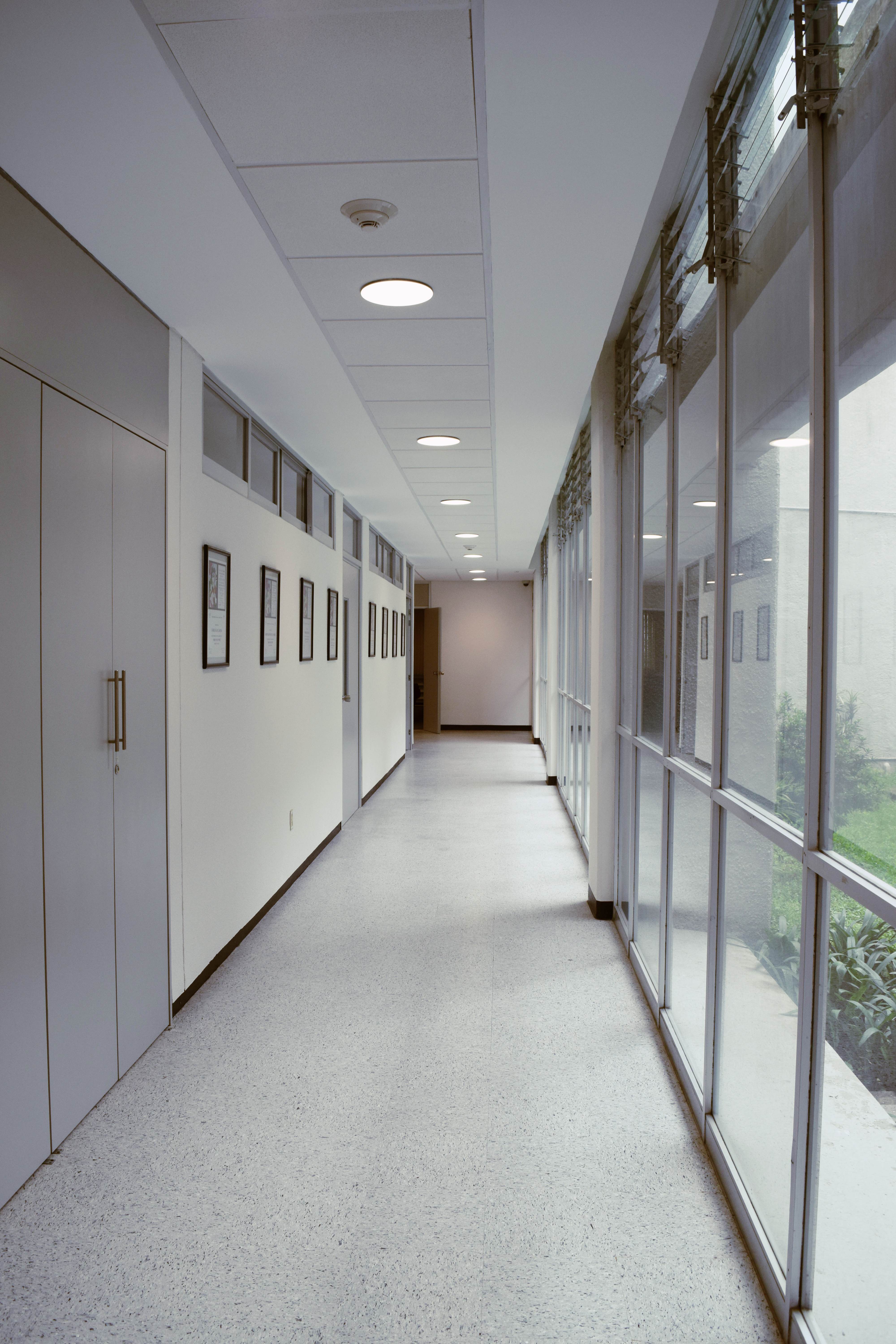
Global Change and Arctic Atmospheric Chemistry
Conferencia de Jonathan Abbatt
17 de Agosto del 2017 de 12:00 hrs
The Arctic is known to be warming at a rate substantially faster than at lower latitudes, due to a number of polar climate amplification processes. This is resulting in melting sea ice so that new, wide expanses of open ocean are present in the late summer. Traditionally, there has been considerable attention given to studying the chemical state of the Arctic springtime due to a phenomenon called “Arctic Haze” during which pollutant levels rise and black carbon deposition to snow occurs. Long-range transport from distant sources is efficient at this time, with slow deposition and minor local sources. By contrast, the Arctic summertime, which is much cleaner and more pristine, has been comparatively poorly studied. In this seminar, the overall characteristics of Arctic air chemistry will be discussed, both in the spring and summer. Special attention will be given to new findings from the summertime, conducted as part of a large Canadian research network project, that indicate that biology plays an important and perhaps dominant role at this time. In particular, with the ocean opening up, marine biological emissions of gases that can affect the nature of Arctic aerosol will increase, potentially altering not only the character of aerosol but also clouds and climate. New measurements assessing the importance of this chemistry will be presented from a combination of ground-, ship- and aircraft-based campaigns.









